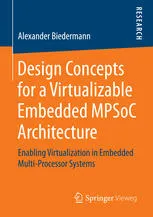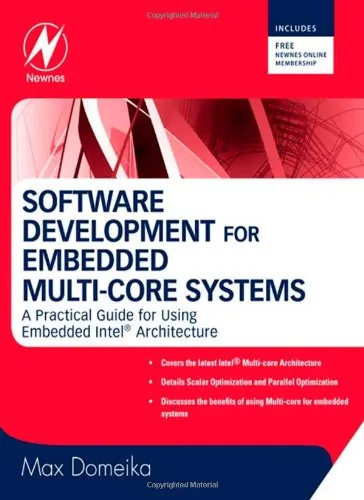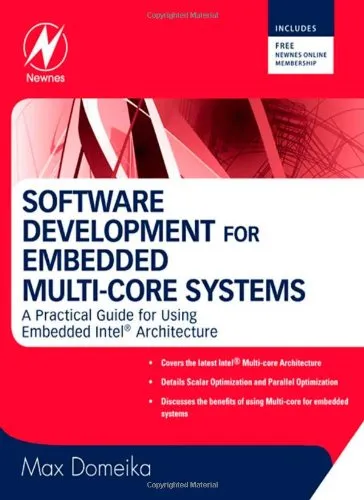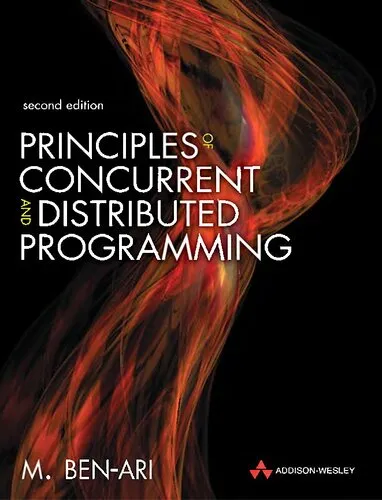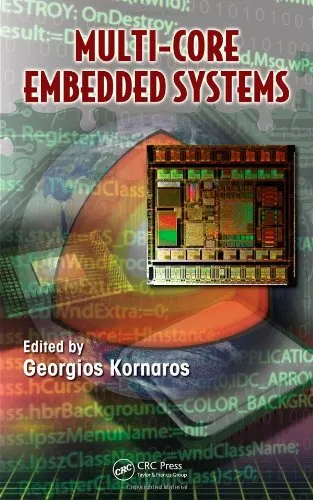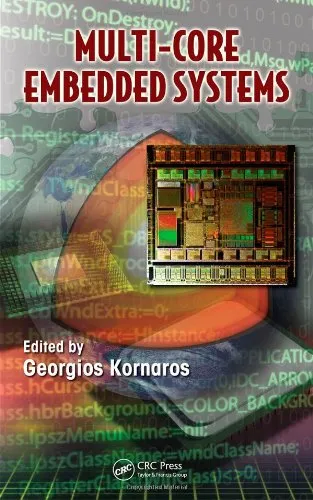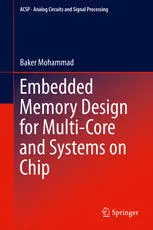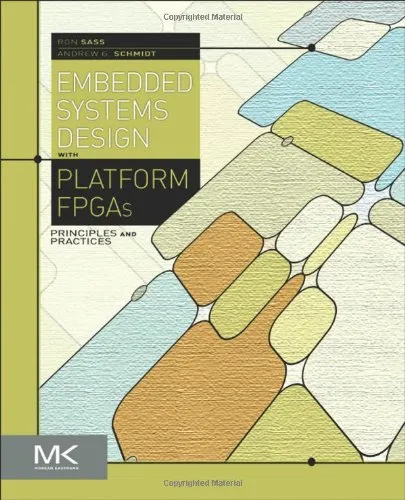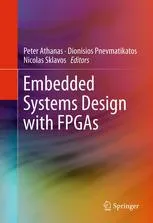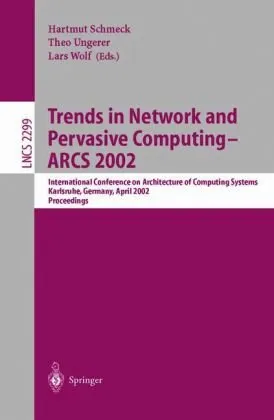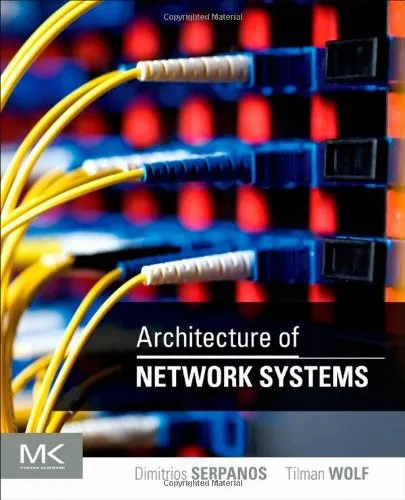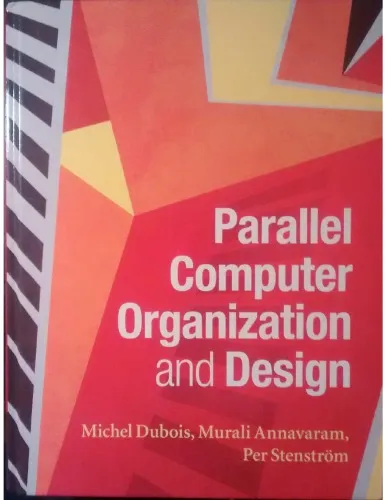Design Concepts for a Virtualizable Embedded MPSoC Architecture: Enabling Virtualization in Embedded Multi-Processor Systems
4.0
Reviews from our users

You Can Ask your questions from this book's AI after Login
Each download or ask from book AI costs 2 points. To earn more free points, please visit the Points Guide Page and complete some valuable actions.Related Refrences:
Detailed Summary of the Book
In an age where computing systems underpin our daily operations, the relentless drive for enhanced performance, efficiency, and adaptability is more relevant than ever. "Design Concepts for a Virtualizable Embedded MPSoC Architecture: Enabling Virtualization in Embedded Multi-Processor Systems" delves into the intricacies involved in architecting a virtualizable environment specifically tailored to embedded multi-processor systems on a chip (MPSoC).
The book thoroughly explores the burgeoning field of virtualization within embedded systems, offering a comprehensive overview of the architectural designs and principles necessary to enable virtualization in embedded MPSoCs. This architectural approach facilitates running multiple operating systems and applications concurrently on a single physical platform, improving resource utilization and flexibility.
Readers are introduced to core concepts of virtualization, including hypervisors, virtual machines, and the interface between hardware and software layers. Throughout the book, the author addresses the innate challenges within embedded systems, such as constraints on power, processing capabilities, and real-time execution requirements. The book emphasizes innovative design solutions that bridge these gaps, presenting both theoretical foundations and practical implementation strategies.
Key Takeaways
- Deep understanding of virtualization principles applied to embedded MPSoCs.
- Insight into architectural designs that promote efficient virtualization.
- Comprehensive overview of hypervisor models and their applicability to embedded systems.
- Examination of resource management techniques that optimize system performance and power efficiency.
- Guidance on overcoming challenges specific to real-time operating systems within a virtualized environment.
Famous Quotes from the Book
“Virtualization transcends its role as a mere technological advancement; it becomes a pivotal enabler in the evolving landscape of embedded computing.”
“The marriage of embedded systems with virtualization strategies births systems that are not only robust but also remarkably adaptable in the face of modern computational demands.”
“An embedded MPSoC architecture that embraces virtualization unleashes unprecedented flexibility, unlocking potential that was once beyond reach.”
Why This Book Matters
The convergence of embedded systems and virtualization holds significant implications for the future of computing. This book stands as a crucial resource for professionals, researchers, and students in the field, offering an exhaustive exploration of virtualizable embedded MPSoC architectures. It illuminates the path forward, demonstrating how virtualization can transform the capabilities and applications of embedded systems.
In an era where technological evolution is fast-paced, "Design Concepts for a Virtualizable Embedded MPSoC Architecture" empowers its readers not just to adapt to changes but to drive innovation. By incorporating virtualization, systems can become more adaptable, resource-efficient, and capable of integrating new functionalities with ease—a critical advantage in both existing and futuristic applications.
This book not only equips readers with the knowledge necessary to implement cutting-edge designs but also inspires a deeper appreciation for the synergy between hardware and software in creating flexible, robust systems. For anyone vested in the future of embedded computing, this book is an indispensable guide.
Free Direct Download
You Can Download this book after Login
Accessing books through legal platforms and public libraries not only supports the rights of authors and publishers but also contributes to the sustainability of reading culture. Before downloading, please take a moment to consider these options.
Find this book on other platforms:
WorldCat helps you find books in libraries worldwide.
See ratings, reviews, and discussions on Goodreads.
Find and buy rare or used books on AbeBooks.
1578
بازدید4.0
امتیاز0
نظر98%
رضایتReviews:
4.0
Based on 0 users review
Questions & Answers
Ask questions about this book or help others by answering
No questions yet. Be the first to ask!
